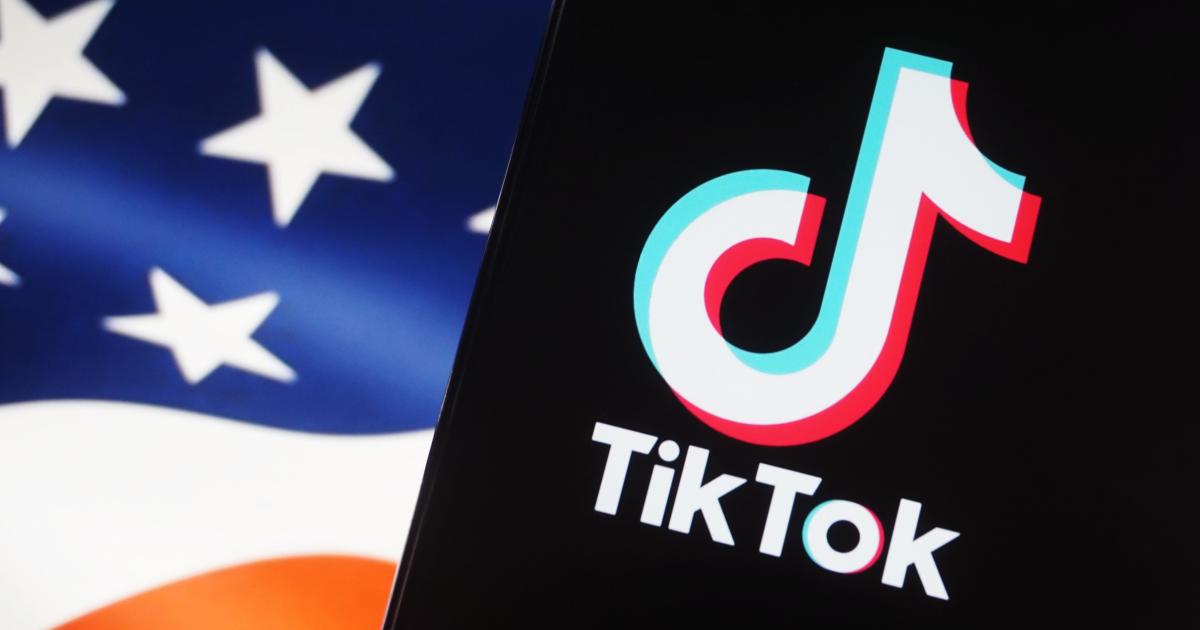
Legal battle over potential TikTok ban goes before federal appeals court

Washington — A long-brewing legal standoff over the popular video-sharing app TikTok got underway on Monday, with arguments in the challenge against a possible ban kicking off.
TikTok and its parent company ByteDance have been under fire by U.S. officials for years over warnings that China’s government could gain access to users’ data and use it to manipulate or spy on Americans. But a renewed push against the app gained momentum in Congress earlier this year, as lawmakers approved a foreign aid package that included provisions requiring it to be sold or be banned from U.S. app stores. President Biden signed the legislation into law in April, teeing up a countdown for TikTok’s sale.
TikTok and ByteDance filed a lawsuit against the Justice Department in May over the law, arguing that it violates First Amendment rights of users, among other claims. With the petition, the parties asked the court to block enforcement of the legislation, which they said would force a shutdown of the app by early next year, arguing that the sale of the app is untenable before then.
filed a lawsuit challenging the law, attorney Jeffrey Fisher argued that in American history, the answer has never been suppression of speech, noting that the idea that a foreign adversary might spread its ideas about political and social issues “has never in our history been a basis for suppressing speech in this country.” Fischer argued that the law “directly implicates the First Amendment rights of American speakers to speak,” urging that the Justice Department’s government’s content manipulation rationale is “wholly illegitimate and invalid.”
On the other side, attorney Daniel Tenny represented the government. He argued that the bottom line is that the app’s code is written in China, outlining the sheer amount of information gathered about users and saying that the problem arises out of the data being “extremely valuable to a foreign adversary trying to compromise the security of the United States.”
Tenny drew a line between expression and protected expression, arguing that what is being targeted is not protected expression.
Source: cbsnews.com